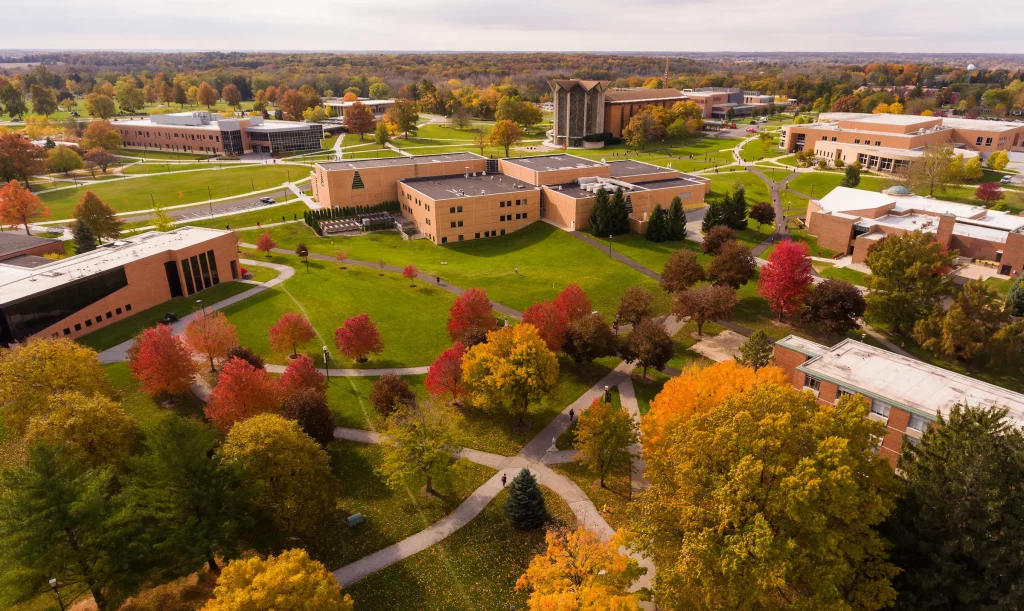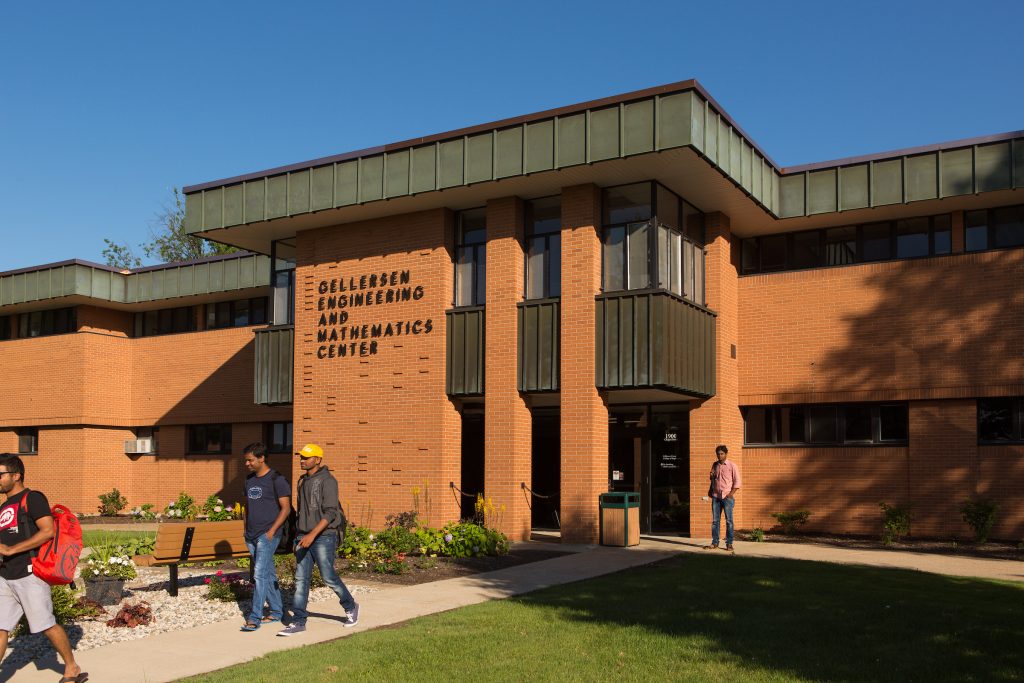Valparaiso University Receives National Science Foundation Grant Towards Tackling a Challenging Disease
Valparaiso University’s College of Engineering has been named the recipient of a National Science Foundation (NSF) Engineering Research Initiation (ERI) grant of $200,000 starting in August of 2024. The grant will fund a project researching liposomal drug delivery platforms to shine a light on new ways to combat lymphatic filariasis — a parasitic disease impacting millions of people in tropical environments.
Lymphatic filariasis is caused by microscopic worms that take up residence in the lymphatic system, and is a leading cause of permanent disability worldwide, according to the CDC. While treatments exist to manage symptoms and reduce transmission, effectively delivering drugs to the lymphatic system to kill adult worms has proved a challenge for medical science. The funding from the ERI grant will allow at least four Valparaiso University student-researchers and one Ivy Tech Community College student-researcher to put their classroom knowledge towards this real-world problem as they search for an innovative, new solution.
“The goal for undergrads is always for it to be an enriching experience for them. They’ll do everything from literature review to experimental design to data collection, all the way to presenting the data in a meaningful way,” said Lauren Sestito, Ph.D., assistant professor of mechanical engineering and bioengineering and lead researcher on the project.
Bioengineering students will utilize a dynamic light scattering instrument, a cell culture facility, and wet lab equipment to create nanoscale drug delivery vehicles called liposomes, set up cell culture models that mimic the environment their platform will need to perform in, and eventually work directly with the parasite in question. All of this will work towards a better understanding of how to deliver drugs to the lymphatic system to improve treatment of the disease.
“When I found the opportunity to apply the engineering process in hopes to create an impactful change for others, I was more than willing to do so,” Gretchen Schmierer-Knust ’27, a bioengineering major being brought onto the project, said. “I hope the skills I gain from this will help me to become more comfortable with the research process.”
In addition to utilizing their technical skills, students involved with this project will exercise the soft skills necessary for any successful project, including communication, critical thinking, and project management. They will also perform collaborative work with the biology department, as Patrice Bouyer, Ph.D., associate professor of biology, will act as a senior personnel.
The development of a well-rounded skill set, interdepartmental cooperation, and putting the knowledge and skills acquired through education towards the service of others are all core aspects of Valparaiso University’s identity in the higher education space. To see how Valparaiso University student-researchers have worked towards finding new ways of fighting other infections through traditional and indigenous plants, click here. To see how grant funding is helping Valparaiso University’s health care education stay on the cutting-edge, click here.

